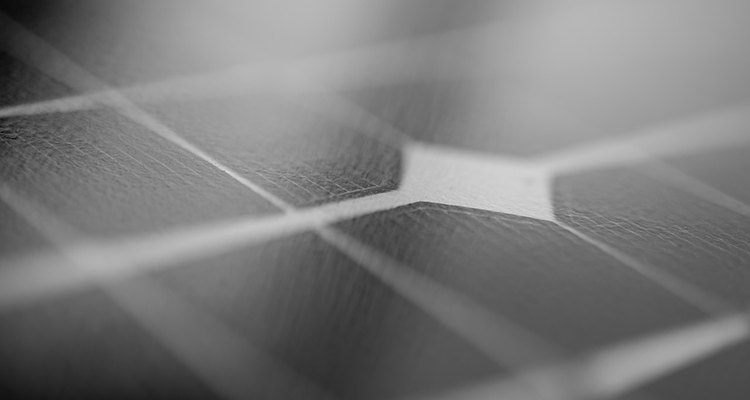EU ends MIP for Chinese PV cells and modules at short notice
At midnight on 3rd September, the EU officially ended all anti-dumping and anti-subsidy measures for PV cells and modules from China. The announcement was made unexpectedly early and only a few days in advance.
On 31st August, the EU announced the end of anti-dumping and anti-subsidy measures for PV cells and modules from China. As a result, minimum import prices (MIPs) ended at midnight on 3rd September.
A corresponding statement explained the unexpectedly early decision: “After considering the needs of both producers and those using or importing solar panels the Commission decided it was in the best interests of the EU as a whole to let the measures lapse. This decision also takes into account the EU’s new renewable energy targets.“
MIPs introduced in 2013 to replace anti-dumping and anti-subsidy duties
The MIPs were first introduced in December 2013 for a duration of three years. Together, minimum import prices and volumes for Chinese crystalline solar cells and modules formed the MIP Undertaking, which replaced anti-dumping and anti-subsidy duties. After the completion of the three-year period, a renewal was granted after EU Prosun requested it.
Commission provided extensive explanation for decision
While the end of the Undertaking is unlikely to please EU Prosun, general reactions have been positive, especially as the commission gave an extensive explanation for their decision: “In its March 2017 decision, the Commission aimed to find a balance between the interests of users, importers and EU producers of solar panels. The Commission also wanted to ensure that EU consumers could buy panels at prices close to the world-market level.“
Measures previously extended by 18 months
„After consultation with Member States, the Commission decided – exceptionally – to extend measures for 18 months as a compromise between the competing interests. The level of the measures has gradually decreased over time to allow the prices of the imports into the EU to align progressively with world market prices.
The Commission observed that the market situation has not changed to the extent that this would justify a further extension of the measures now beyond the scheduled 18 months. It therefore rejected the EU industry’s request for an expiry review investigation.”





